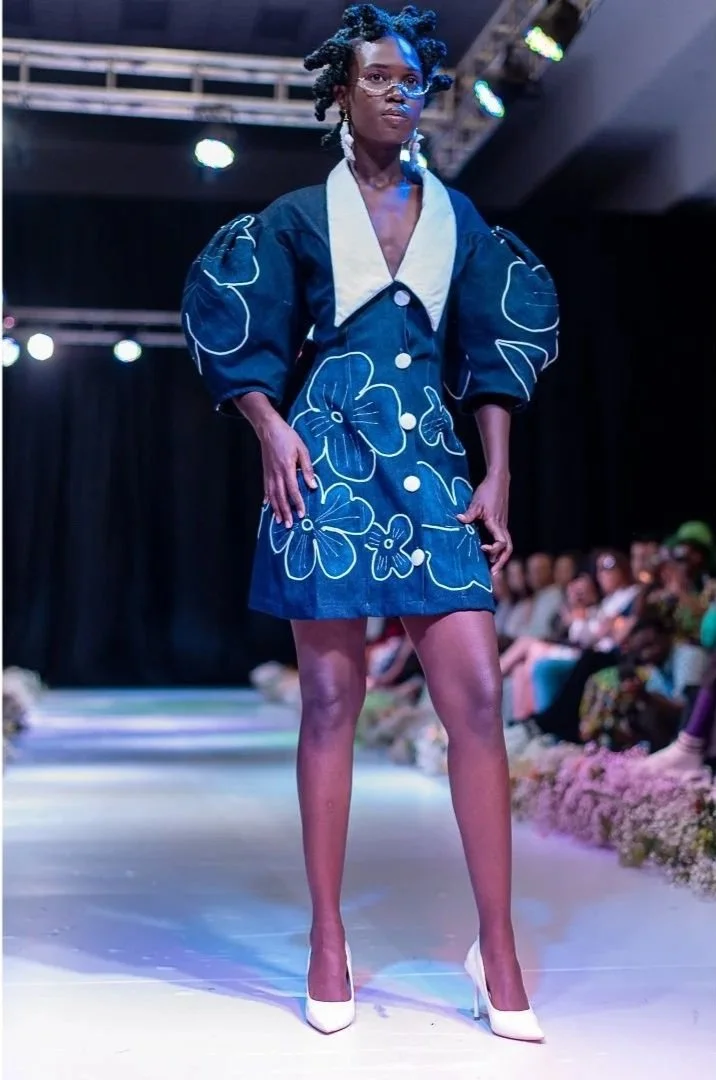The Rise of African Fashion Weeks: Nairobi Fashion Week – A Beacon of Heritage in Modern Style
The global fashion calendar is marked by iconic events in Paris, New York, Milan, and London, stages where designers unveil collections that dictate forthcoming trends. What began in the late 1800s as informal showcases, later consolidated into structured "Fashion Weeks" in the 20th century – notably by Eleanor Lambert in New York in 1943 to champion American designers – has evolved into highly publicized spectacles. In the 2000s, these global platforms increasingly embraced themes of sustainability, reflecting a growing consciousness within the industry. But amidst this established global framework, a new force has emerged, particularly from the African continent, asserting its unique voice and vision.
You might wonder how Nairobi Fashion Week became part of this global narrative. While it wasn't the first fashion week celebrated globally, it arrived with a distinct purpose and a powerful vision for East African fashion.
The Genesis of Nairobi Fashion Week: A Vision for East African Creativity
Nairobi Fashion Week (NFW) was a pioneering initiative launched in 2013 by Dynamic Race PR, with Brian Kihindas serving as its creative director. Kihindas envisioned NFW as a crucial platform to propel the fashion industry in East Africa forward. His aim was to create a moment where the region's burgeoning design and creativity industry could shine, opening up unprecedented opportunities for designers. The inaugural NFW was a landmark event, hosted at the Hilton Hotel in 2013, marking the beginning of a transformative journey for Kenyan fashion.
Spanning three dedicated days, NFW provides ample time for fashion artists from across the globe to showcase their work, highlighting the significant importance of this event. What truly sets NFW apart from some global counterparts is its underlying philosophy. Unlike events where the primary focus might be fierce competition or establishing dominance in design, NFW prioritizes exposure and collaboration. It actively provides a progressive environment for not only local Kenyan designers but also national and international talents to promote their work, gaining essential publicity and marketing. This collaborative spirit, rather than a competitive one, is a cornerstone of NFW's mission.
A Platform for Collaboration and Cultural Exchange
Nairobi Fashion Week extends its platform far beyond just designers. It is an instrumental stage where models, stylists, cosmetics brands, hair stylists, photographers, sponsors, and performing artists converge to collaborate. This synergy amplifies visibility for all participating brands and individuals, fostering a vibrant ecosystem within the industry.
Since its inception, NFW has showcased over 125 emerging and established African-influenced fashion designers to an estimated crowd of more than 15,500 guests and VIPs. These figures underscore the event's growing scale and influence. More profoundly, NFW, like other significant African fashion events, serves as a vital arena where Kenyans and, indeed, a global audience can interact with diverse cultures and the traditional significance embedded within every outfit.
In a world increasingly influenced by diaspora and global trends, where daily dress codes are constantly evolving, NFW stands as a powerful reminder of our origins. It asserts that despite external influences, we all possess a fundamental form of dressing that was once deeply valued and should continue to be cherished. Events like Nairobi Fashion Week are crucial in preserving this ancestral mode of dressing, ensuring it is not lost or diluted by modern cultures and innovations.
While it is perfectly acceptable and indeed beneficial to learn from and adapt elements of modern fashion, events like NFW are crucial for reminding citizens of their heritage and facilitating the intergenerational transfer of this invaluable knowledge. They act as guardians of cultural identity, providing a critical counterbalance to rapid globalization. The stage at NFW is where Kenyans get to interact with different cultures and the traditional significances attached to every outfit, reinforcing a collective sense of pride and belonging.
Ultimately, events like Nairobi Fashion Week deserve heavy funding and robust support. They are not merely fashion shows but incubators where diverse fashion ideas are birthed, celebrated, and launched. NFW ensures that our ancestral modes of dressing, our unique prints, silhouettes, and cultural aesthetics remain vibrant and relevant. It is a powerful affirmation that while we embrace the future, we do so with a profound respect for our past, ensuring that African creativity continues to define, inspire, and enrich the global fashion landscape, rather than being overshadowed by it. Nairobi Fashion Week is a true beacon of heritage, guiding modern style.



